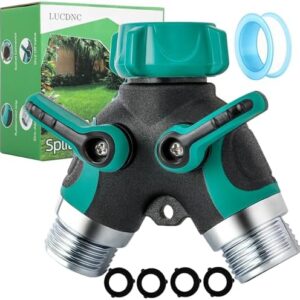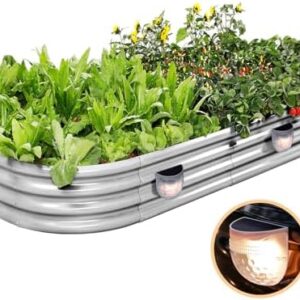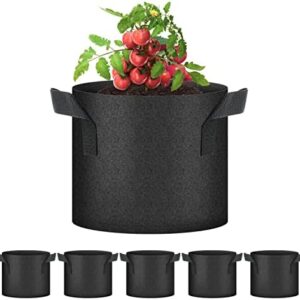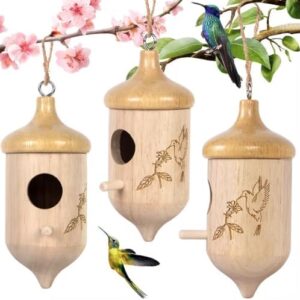Gardening is a wonderful way to connect with nature, reduce stress, and produce fresh, healthy food. But did you know that how you garden can also have a huge impact on the environment? By incorporating eco-friendly practices into your outdoor garden, you can create a sustainable oasis that not only benefits you and your plants, but also helps to protect the planet for future generations.
One of the first steps in creating a sustainable outdoor garden is to choose plants that are native to your region. Native plants are adapted to the local climate and soil conditions, so they require less water, fertilizer, and pesticides to thrive. By planting native species, you can help to conserve water, reduce pollution, and support local wildlife.
When selecting plants for your garden, consider choosing a mix of flowering, fruiting, and foliage plants to provide food and shelter for pollinators and other beneficial insects. Bees, butterflies, and other pollinators play a crucial role in the ecosystem, helping to fertilize plants and promote biodiversity. By creating a habitat that supports these important creatures, you can help to sustain healthy ecosystems and encourage a thriving garden.
In addition to choosing the right plants, it’s important to practice organic gardening methods to minimize the use of harmful chemicals. Synthetic pesticides and fertilizers can be harmful to the environment, contaminating soil, water, and air, and harming beneficial insects, birds, and other wildlife. Instead, consider using natural alternatives, such as compost, mulch, and beneficial insects, to control pests and enhance soil fertility.
Composting is one of the easiest and most effective ways to recycle organic waste and nourish your garden. By composting kitchen scraps, yard debris, and other organic materials, you can create nutrient-rich soil amendment that will improve soil structure, retain moisture, and support healthy plant growth. Composting also helps to reduce the amount of waste that ends up in landfills, where it can produce harmful greenhouse gases.
Water conservation is another key aspect of sustainable gardening. In many regions, water is a limited and precious resource, so it’s important to use it wisely. To reduce water waste, consider installing a rain barrel to collect rainwater for irrigation, or using drip irrigation systems to deliver water directly to the roots of plants. Mulching around plants can also help to retain moisture in the soil and reduce the need for frequent watering.
Another way to conserve water in the garden is to plant drought-tolerant species that require less water to thrive. Native plants are a great choice for water-wise gardening, as they are adapted to the local climate and need minimal irrigation once established. By choosing drought-tolerant plants and practicing water-saving techniques, you can reduce your water usage and help to conserve this precious resource.
In addition to conserving water, it’s important to support soil health in your garden. Healthy soil is the foundation of a successful garden, providing essential nutrients and structure for plants to grow. To promote soil health, consider adding organic matter, such as compost, manure, or cover crops, to improve soil fertility and structure. Avoid tilling the soil, as this can disturb beneficial soil organisms and lead to erosion.
To further enhance soil health, consider rotating crops in your garden to prevent nutrient depletion and reduce the risk of pest and disease problems. Crop rotation involves planting different types of plants in the same area each season, so that nutrients are replenished and pests are disrupted in their life cycle. By practicing crop rotation, you can maintain healthy soil and promote a diverse and productive garden.
Finally, to create a truly sustainable outdoor garden, consider incorporating wildlife-friendly features into your landscape. By providing habitat and food sources for birds, butterflies, and other wildlife, you can help to support biodiversity and create a healthy ecosystem in your garden. Planting native shrubs and trees, installing bird feeders and nesting boxes, and leaving some areas of your garden wild and untamed can attract a variety of wildlife species and enhance the beauty and vibrancy of your outdoor space.
In conclusion, creating a sustainable outdoor garden is not only beneficial for the environment, but also for your health and well-being. By choosing native plants, practicing organic gardening methods, conserving water, supporting soil health, and attracting wildlife, you can create a beautiful and productive garden that will thrive for years to come. So grab your gardening gloves and get started on your eco-friendly garden today – the planet will thank you for it!






